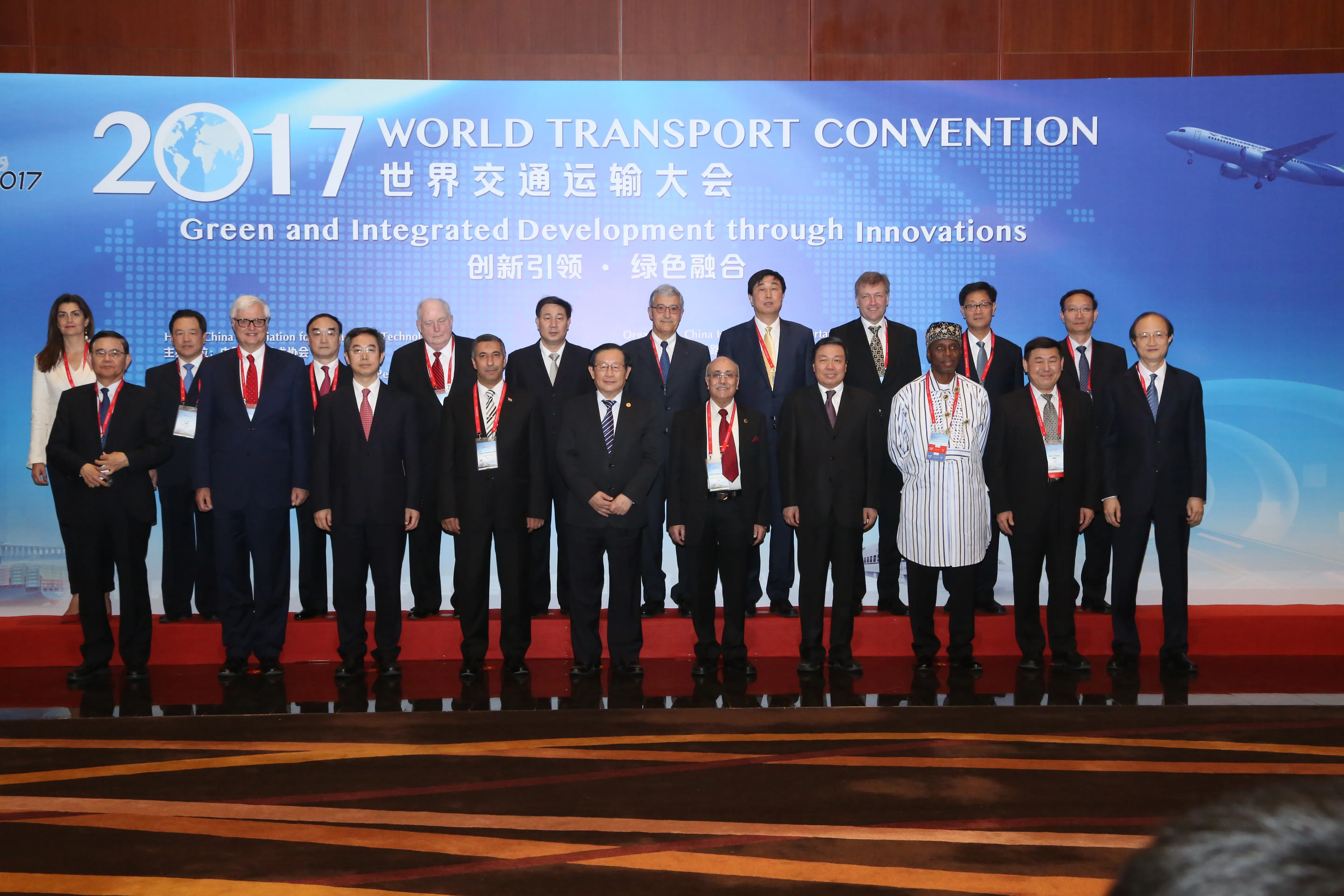The Ministry of Works is putting together a hybrid contract template for use with the Extraordinary Investment Plan for Roads. The previous government had tried to launch the investment plan on the back of around 20 concession contracts of over 20 years.
The hybrid contract would aim to save road investments worth around €5 billion. It would be a mixed contract, with two years of construction and five years of concession including maintenance.
The Spanish concession sector has been in turmoil since lower-than-predicted traffic volumes forced several large concessionaires into bankruptcy. Earlier this year, the Spanish government calculated the cost of rescuing the nine bankrupt motorways at €1.8 billion. This is about 10% less than previously estimated, according to a report in the Spanish financial newspaper Expansión.
The government has been trying for the past several years to facilitate a deal with banks to get the motorways out of debt and so to not add to the state’s own debt.
In 2017, the government agreed that the state-owned transport infrastructure firm Seittsa would manage the nine bankrupt motorways.
Spain eyes new standard contract for long-term road development
Spain is looking to revamp its contractual formulae for large infrastructure work following moves to limit profits from long-term concession deals.
The Ministry of Works is putting together a hybrid contract template for use with the Extraordinary Investment Plan for Roads. The previous government had tried to launch the investment plan on the back of around 20 concession contracts of over 20 years.
The hybrid contract would aim to save road investments worth around €5 billion. It would be a mixed con
November 7, 2018
Read time: 2 mins
Spain is looking to revamp its contractual formulae for large infrastructure work following moves to limit profits from long-term concession deals.






